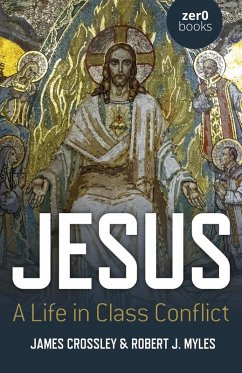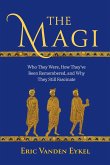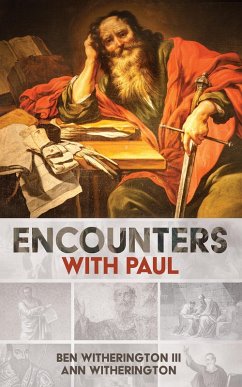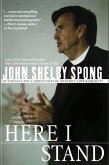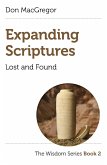What made the Jesus movement tick? By situating the life of Jesus of Nazareth in the turbulent troubles of first-century Palestine, Crossley and Myles give a thrilling historical-materialist take on the historical Jesus. Delivering a wealth of knowledge on the social, economic, and cultural conflicts of the time, Jesus: A Life in Class Conflict uncovers the emergence of a fervent and deadly serious religious organizer whose social and religious movement offered not only a radical end-time edict of divine reversal and judgment but also a promising new world order ruled in the interests of the peasantry. The movement's popular appeal was due in part to a desire to represent the values of ordinary rural workers, and its vision meant that the rich would have to give up their wealth, while the poor would be afforded a life of heavenly luxury. Tensions flared up considerably when the movement marched on Jerusalem and Jesus was willingly martyred for the cause. Crossley and Myles offer a vivid portrait of the man and his movement and uncover the material conditions that converged to make it happen.
Dieser Download kann aus rechtlichen Gründen nur mit Rechnungsadresse in A, B, BG, CY, CZ, D, DK, EW, E, FIN, F, GR, HR, H, IRL, I, LT, L, LR, M, NL, PL, P, R, S, SLO, SK ausgeliefert werden.

